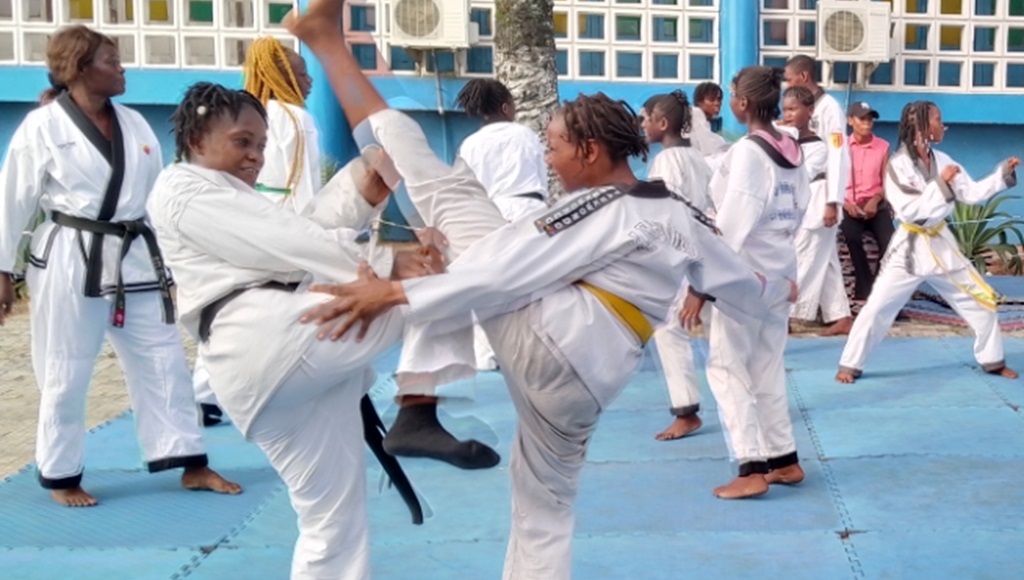We use cookies to help you navigate efficiently and perform certain functions. You will find detailed information about all cookies under each consent category below.
The cookies that are categorized as "Necessary" are stored on your browser as they are essential for enabling the basic functionalities of the site. ...
Necessary cookies are required to enable the basic features of this site, such as providing secure log-in or adjusting your consent preferences. These cookies do not store any personally identifiable data.
Functional cookies help perform certain functionalities like sharing the content of the website on social media platforms, collecting feedback, and other third-party features.
Analytical cookies are used to understand how visitors interact with the website. These cookies help provide information on metrics such as the number of visitors, bounce rate, traffic source, etc.
Performance cookies are used to understand and analyze the key performance indexes of the website which helps in delivering a better user experience for the visitors.
Advertisement cookies are used to provide visitors with customized advertisements based on the pages you visited previously and to analyze the effectiveness of the ad campaigns.

Introduced to the Congo five years ago, hapkido is winning over the country's youth. Girls in particular prefer it to other martial arts. And the reasons are far more extra-sportive.
A true ninja! Séphora Zéfo's nunchaku handling, grips and movements win the admiration of anyone who attends her training sessions at the garden in the commune of arrondissement 3 Tié-Tié, Pointe-Noire. Now in her late teens, the young girl has been " in love " with martial arts since she was a child, and initially hesitated about which combat sport she could learn." There was talk of choosing between boxing, kungfu, judo and many others ," recalls Zéfo, who is learning hapkido at the Centre d'Excellence, a club based in the Congolese economic capital.
In 2019, hapkido took root in Congo through the Association congolaise d'hapkido (ASHAP), currently headed by Me Edmond Gantsié, and affiliated to the Fédération congolaise de close-combat et disciplines associées (FÉcoclose-DA). ASHAP very quickly embarked on a large-scale nationwide popularization campaign. Today, each of the country's twelve departments has a branch of the association.
For many young Congolese, the discovery of this South Korean combat sport is too good to miss.
" Yes, we receive a lot of young people almost every day.It's proof that we've succeeded in our popularization campaign. But we must also recognize that most of our students are girls. Over 90% of our learners are girls. There are many reasons why these children choose hapkido. It's undoubtedly because it's so different from other martial arts," says Armel Matanzala, founder and manager of the Centre d'Excellence.
In the name of self-defence
And who better to talk about these reasons than the girls themselves?" I first became interested out of curiosity. And as appetite comes with eating, I ended up discovering a martial art with many virtues. Hapkido enables you to increase your strength, but also your flexibility. It's a form of fitness enhancement that I personally haven't found anywhere else," says Zéfo.
While these children don't yet dream of careers or performances at international events, such as the World Championships scheduled for next August in Nonthaburi, Thailand, they do intend to put their hapkido skills to good use in self-defense.
An aspiration motivated by the context.
As in many other parts of the world, large Congolese cities such as Pointe-Noire and Brazzaville are exposed to organized crime.Here, it's the "black babies" who make life miserable through extortion and physical aggression.Girls are easy targets. And not only girls, as Congolese society is also plagued by gender-based violence."On many occasions, I've been attacked by these bandits. It's true that law enforcement officers are doing their job to dissuade them. But they can't be everywhere at the same time. In the meantime, you've already suffered," recalls Sophia Kangou, another learner at the Center of Excellence. The young lady adds: " One day, at the bus stop, a young boy was patting me on the shoulders. I watched him and I realized that he wanted to go a little further. But in a defensive posture, I moved his hand away. That dissuaded him and he left me alone," says Kangou.
"It's not about being vigilantes or provocateurs in the street. We have to admit that hapkido is above all a reservoir of mental and psychological virtues and qualities: self-control, self-confidence, concentration, humility, contrition, compassion, etc. You have to arm yourself with these virtues to claim to practice hapkido ", explains Séphora Zéfo.
" This sport is a school of Eastern wisdom through which you learn to manage and control your emotions (anger, stress, etc.) and cultivate a certain self-confidence. That's what we teach our children," says Armel Matanzala. He invites parents to encourage their children to practice hapkido, as it can be a factor in social integration.